How to delete yourself from the internet
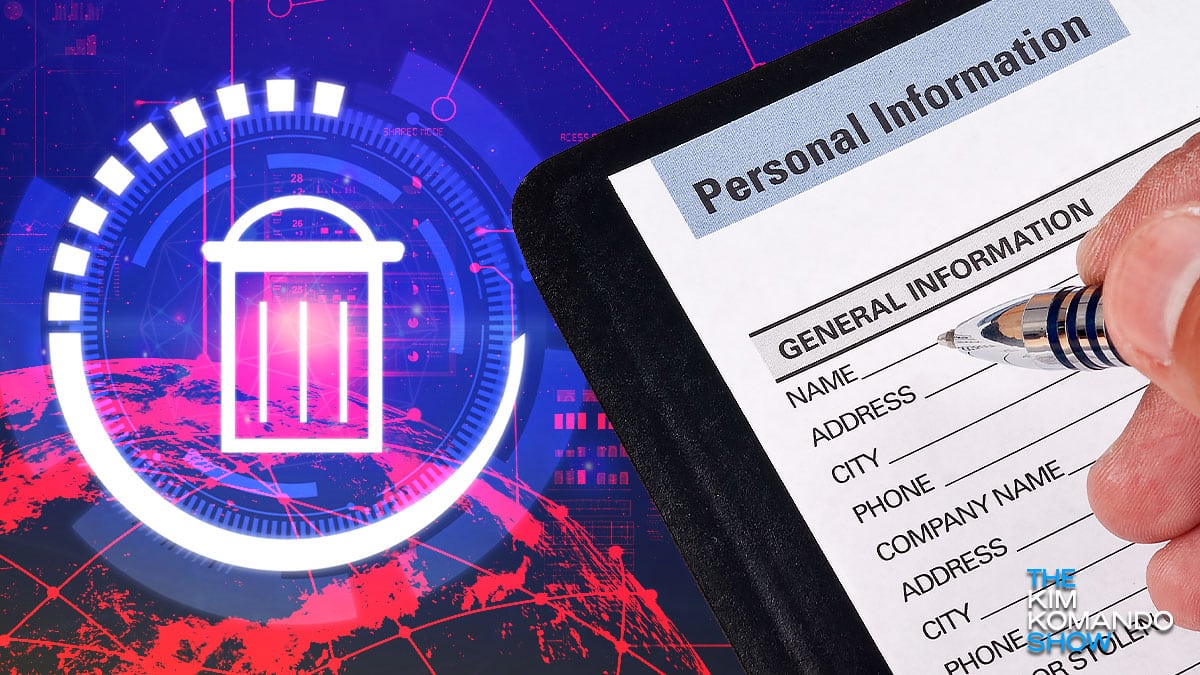
I feel lucky to have the job I do. Every day, I help folks stay up to date on tech and help solve all those digital-life problems Google just can’t answer.
And after all these years, I’ll toot my own horn a little and say there’s not much that stumps me anymore. I did get a question recently, though, on my daily podcast that had a not-so-happy answer.
Bob in Detroit asked how he can delete himself from the internet. Oh, Bob. You’re not the only one who has asked, and my answer is always the same: You can’t. There’s just too much out there about most of us.
But all is not lost!
One thing you can do is take back some of your online privacy. I’m sure you’ve heard me talk about people search and data broker sites before. They’re the online directories and marketplaces where all your data is packed up and sold off. The level of detail they get down to would shock you.
I’ve spent hours … and hours deleting my own info from these sites so I could show you how, too. The trouble is, the steps are usually pretty tricky to follow, they change all the time and, before you know it, they found another bit of data and added you right back. The cycle continues.
That’s why I want to tell you about Incogni. Before I could recommend it to you, I tried it out myself. The process took me a few minutes, and I was immediately opted out of 27 databases, with 47 more requests sent. Now I’m up to 151 sites — poof, my data is gone.
All you have to do is create an account and then enter your name and address. These sites require this info to remove your data — so you’d do that whether or not you use Incogni. Then, you grant Incogni permission to reach out on your behalf. After you finish the setup process, you’ll see a list of sites you’ve been removed from and pending requests.
It’s never been this easy to get your privacy back. I’m glad I let Incogni take care of it for me — and I negotiated a special deal for you to try it out, too.
Right now, get 60% off an annual subscription using code KIM60.
How to remove yourself from US Search
Like it or not, your personal information is online for anyone to find. This can include your full name, address, phone number, police record, employment information and more. People search sites scrape this information from public records, court records, social media and other sources.
Overwhelmed with spam texts? Do this now

Ever replied to a spam message with STOP or UNSUBSCRIBE? If so, you’re setting yourself up for even more annoyance. You rightfully think that you’re ending the noise, but you’ll make it worse.
Why? Spammers are hitting up as many people as possible, searching for working contact information. When you interact, you’re saying, “Yes, this phone number belongs to someone!” That’s great news for them. It lets them know you’re a real person they should target more often.
Take back control of your online privacy

Newsflash: Your data is constantly being collected and sold. “Gee, thanks, Kim. I know,” you might be thinking. “What do I do about it?” Lucky for you, I spend a lot of time trying to answer that exact question.
If you’re tired of spam calls, unwanted emails and that nasty feeling of always being tracked, keep reading. I’ve got a simple way to take a massive chunk out of this data collection mess, thanks to our sponsor, Incogni.
Simple digital privacy step everyone should know about
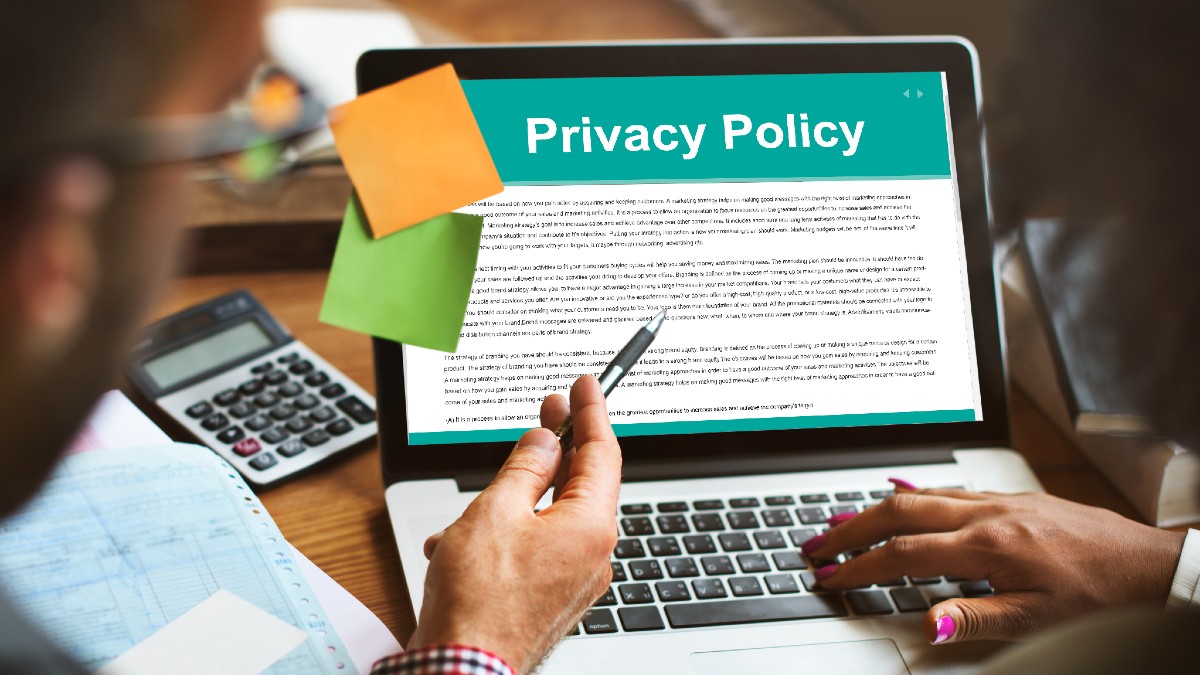
Data brokers, people search sites and online background check services, oh my. At the end of the day, they all do the same thing — scoop up your personal info and sell it to anyone interested. Marketers are at the top of the list, but scammers can also find your information this way.
Opt-Out Tuesday: How to remove your info from FamilyTreeNow

People search sites collect your information from publicly available sources and offer it to anyone interested, including thieves and scammers. There are countless sites like this. So, how do you protect your data? You need to remove it.
Bad news: Here's how much your social media logins cost on the Dark Web
What if I told you for just $12, someone could buy your Instagram login. They could read all your messages, look through everything you’ve “liked” and even post as you.
Whizcase gathered prices from Dark Web marketplaces to see how much your online identity is worth, and it’s grim.
Best ways to block scam calls - And an easier way to stop scammers
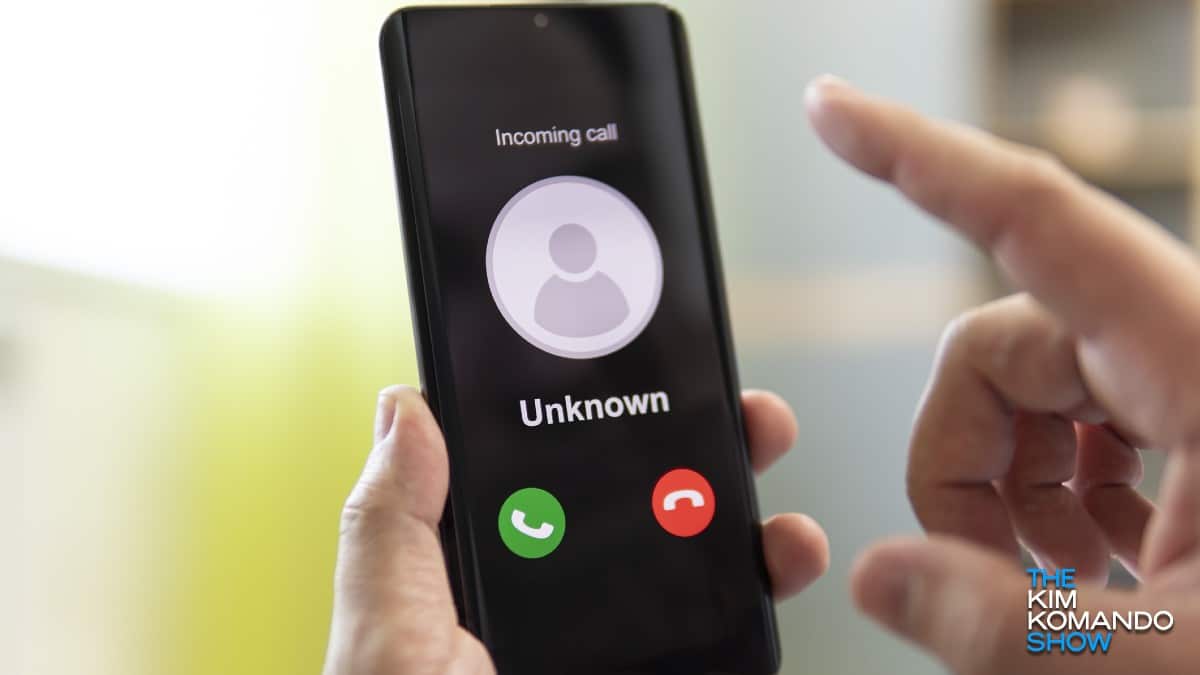
When it comes to telemarketing and scam calls, the best thing to do is not pick up the phone. But it’s not always easy to tell whether an incoming call is legitimate — especially if your phone doesn’t show that scam or spam warning.
The best 3 minutes I spent on privacy in 2025

I know, big statement, right? But stay with me.
I’ve been talking about people search sites for years. Heck, I did a whole series of articles on how to remove yourself from them.
Your personal info is all over the internet - 3 ways to remove it

Whether you know it or not, your personal and private information is all over the internet. You don’t need to be active on social media or forums. Much information comes from publicly available sources such as court records and your online accounts (active or otherwise).
Removing your info from the web takes forever - Unless you do this
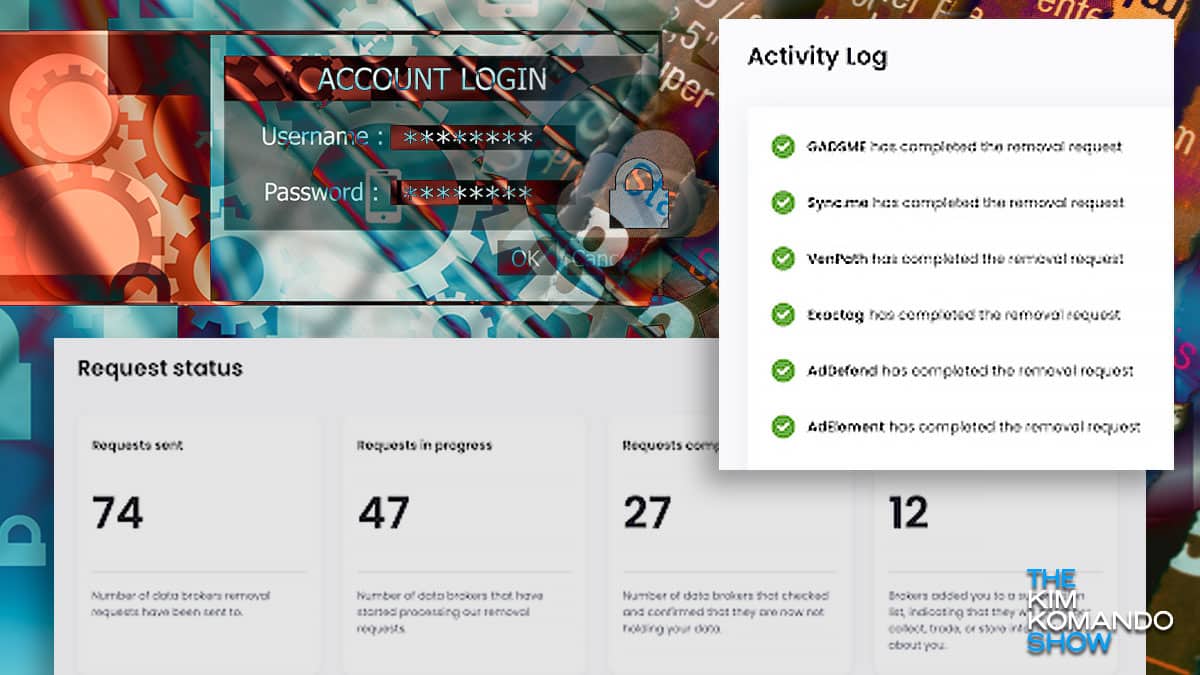
I’ve warned you about all the scummy sites that collect your personal details for years. I’ll never forget, not too long ago, when my son Ian asked about a house I lived at in my 20s. I couldn’t remember where it was.
Find out who's calling you from an unknown or blocked number

Scam and spam calls are getting more common. And they’re hard not to answer because the number comes up as “unknown.” When there’s no caller ID number, you can’t be sure if it’s a spam caller or an important call you’ve been waiting for.
I ticked off the creepy people-search sites, and you can, too

My son asked me where I lived for a few months in Los Angeles over 25 years ago. It was a gig working for Unisys that was far from memorable. He found that address at a free people search site, along with my other addresses and cell phone numbers. Nice.
5 ways to block or hide your number when making calls
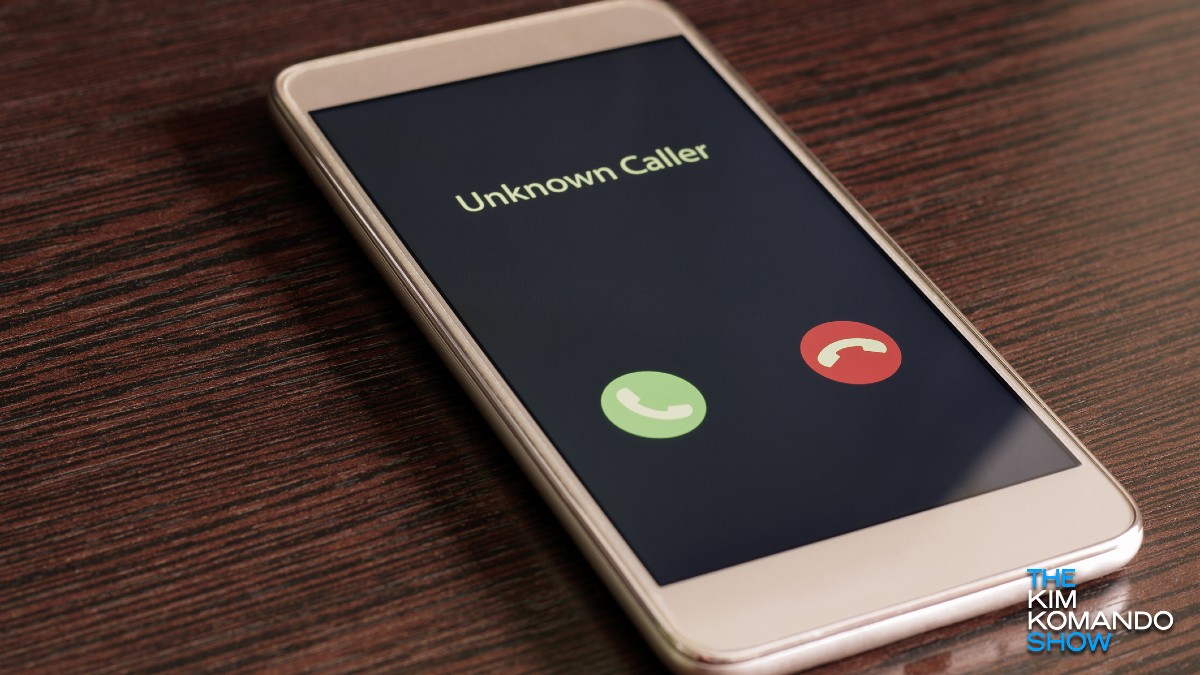
Robocalls have been an annoyance for years, and with technology constantly advancing, it’s only going to get worse. And they’re not just interruptions these days. Many are calls from scammers looking to rip you off.
That’s why it’s important to be proactive and stop these calls dead in their tracks. You have several clever ways to keep scams and robocalls at bay. Tap or click here to stop robocalls for good. How are these callers getting ahold of your number in the first place?